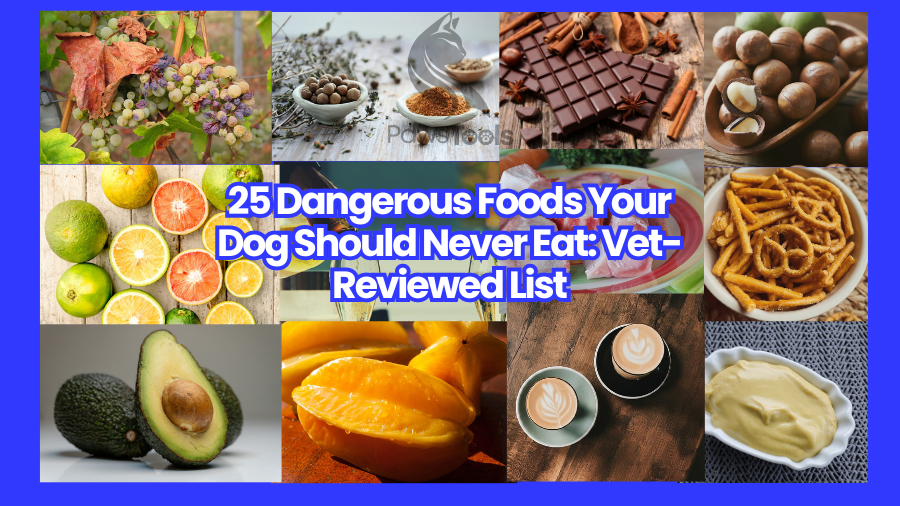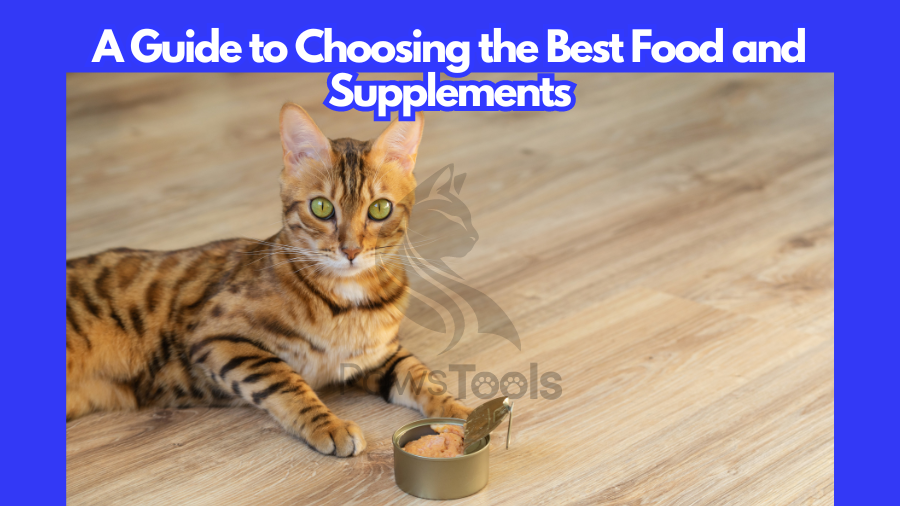Having a dog can be similar to having a toddler at home, and unfortunately, this is where most accidental poisonings occur. Dogs are curious and will eat almost anything they find, unlike cats who are more selective. It’s crucial to understand that just because humans can eat certain foods, it doesn’t mean they’re safe for dogs. In fact, some foods can be life-threatening for our furry friends.
25 Dangerous Foods That Your Dog Shouldn’t Eat
- Chocolate

- Chocolate contains methylxanthines, theobromine, and caffeine, which can cause poisoning. Darker chocolate poses a higher risk. Symptoms include extreme thirst, gastrointestinal distress, hyperactivity, vomiting, seizures, and even death.
- Raisins & Grapes

- These fruits contain tartaric acid, which can cause liver damage and kidney failure. Symptoms such as lethargy, tremors, weakness, and vomiting can appear within 24 hours, leading to kidney failure within 72 hours.
- Citrus Fruits
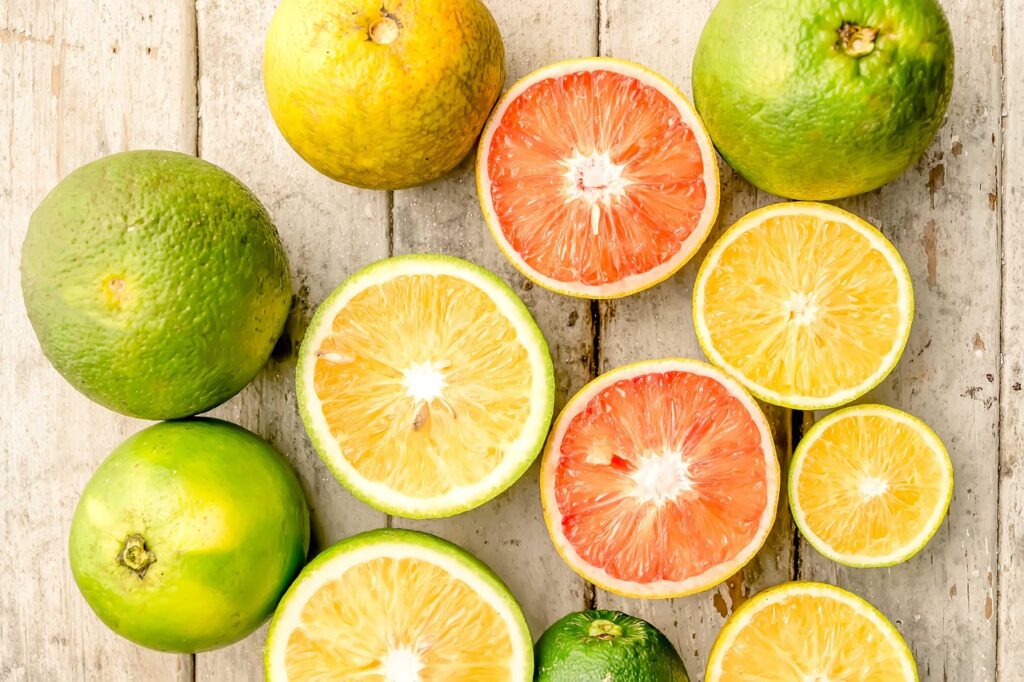
- Citrus fruits like grapefruits, oranges, and lemons contain citric acid, which can irritate a dog’s mouth and digestive system, causing vomiting and impairing central nervous system function.
- Starfruit

- This exotic fruit can cause kidney issues, especially in dogs with pre-existing conditions. It can also interfere with medication uptake and cause confusion and nausea.
- Fruit Pits

- Pits from fruits like apricots, cherries, peaches, and apples contain amygdalin, which releases cyanide when chewed. This can cause weakness, vomiting, respiratory distress, and death.
- Foods High in Oxalic Acid
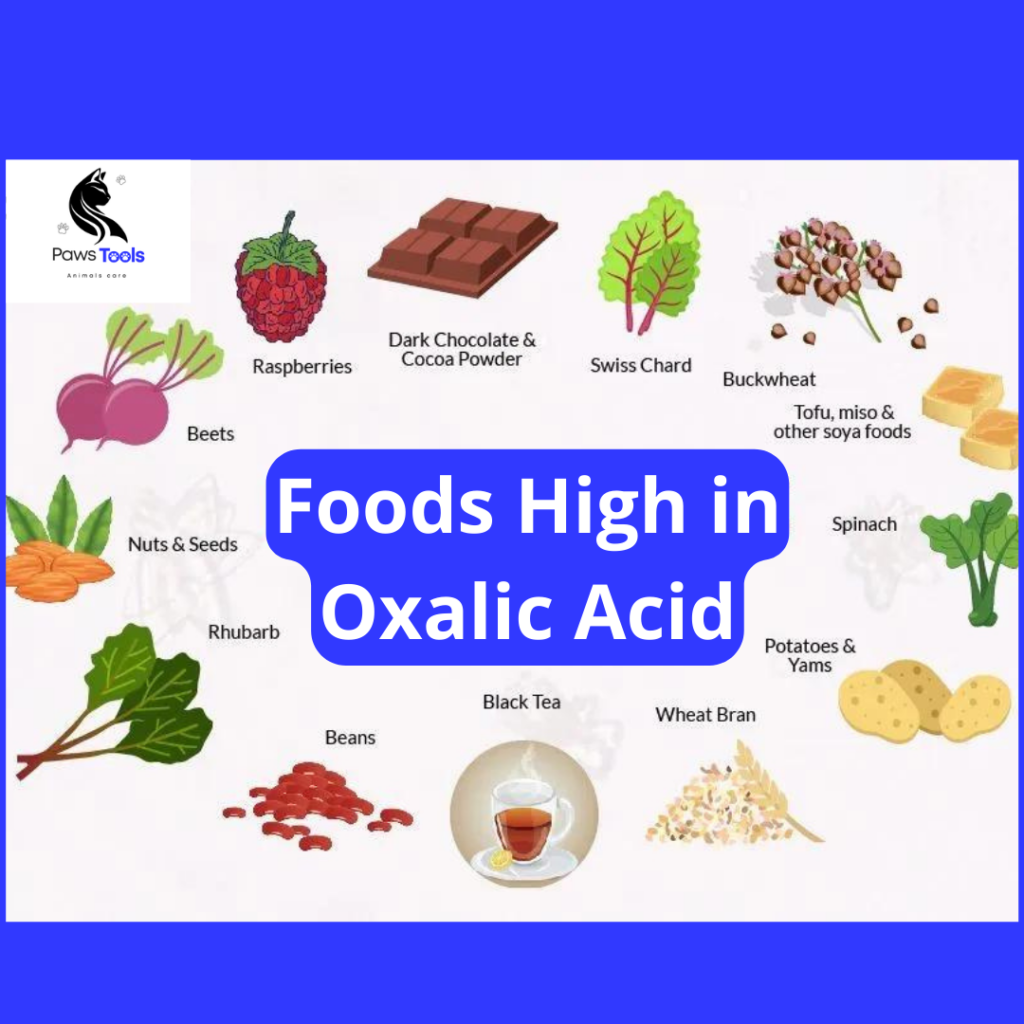
- Foods like almonds, tofu, and spinach contain oxalic acid, which can bind with minerals and form oxalate crystals, leading to dangerous drops in magnesium or calcium and potential kidney damage.
- Garlic, Onion, Leeks, Green Onions, & Chives
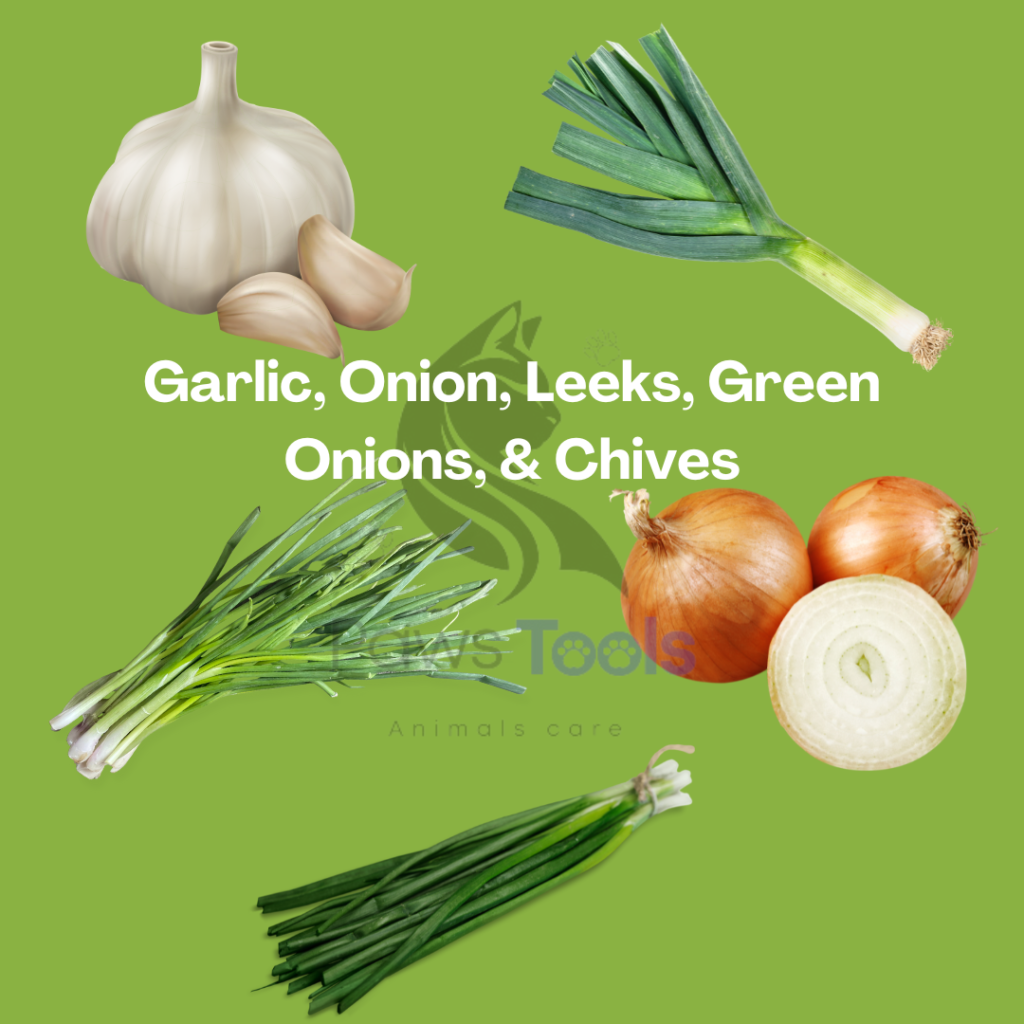
- These vegetables contain aliphatic sulfides and sulfoxides, causing Heinz body anemia and red blood cell destruction. As little as 15–30 g/kg can be toxic.
- Avocado
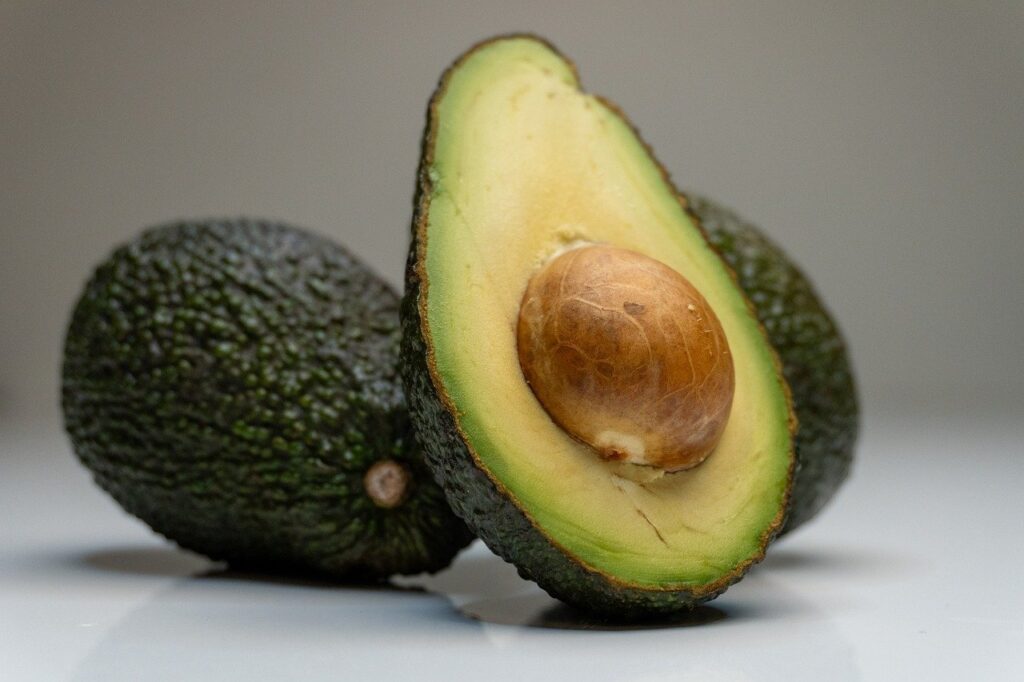
- Avocados contain persin, which can cause nausea, vomiting, and heart damage in dogs.
- Mustard
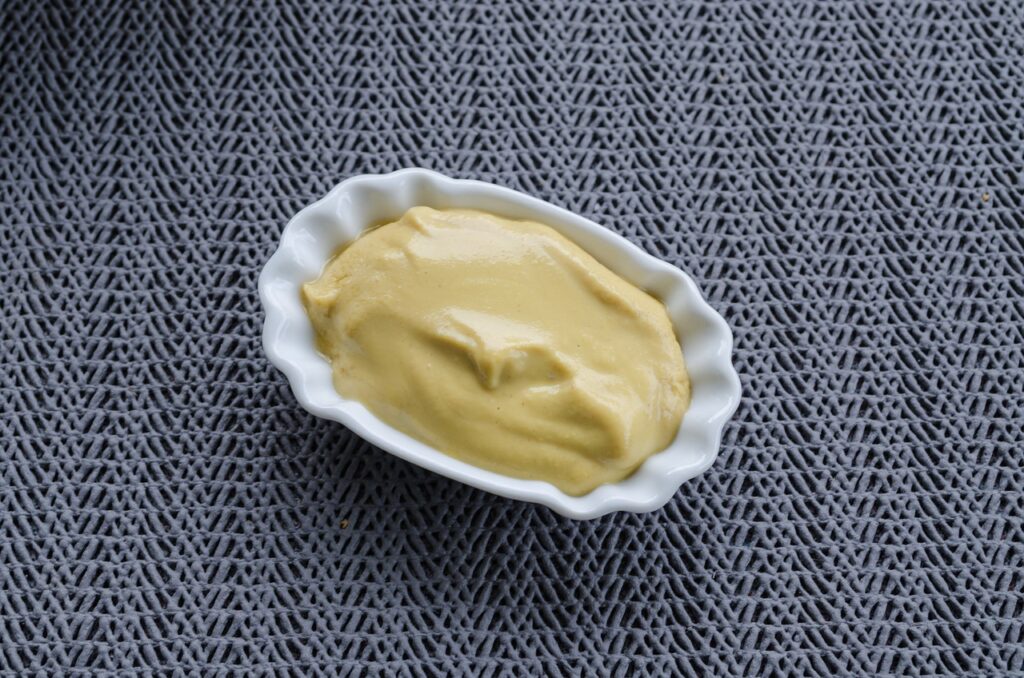
- Mustard contains isothiocyanate, which can irritate a dog’s stomach, leading to gastroenteritis, abdominal pain, vomiting, and drooling.
- Bones
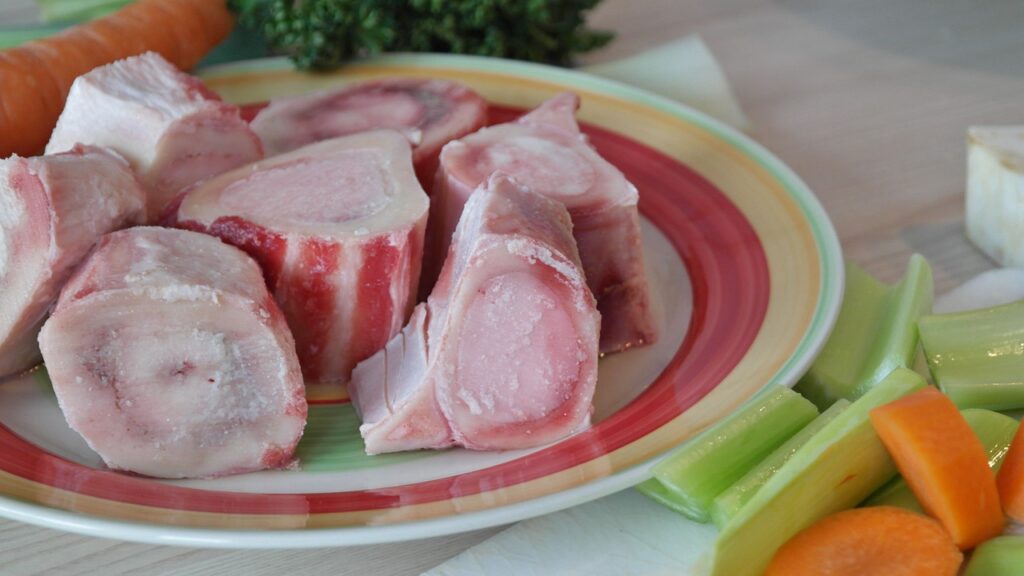
- Bones can splinter and cause mouth injuries, dental damage, or gastrointestinal blockages.
- Spicy Foods
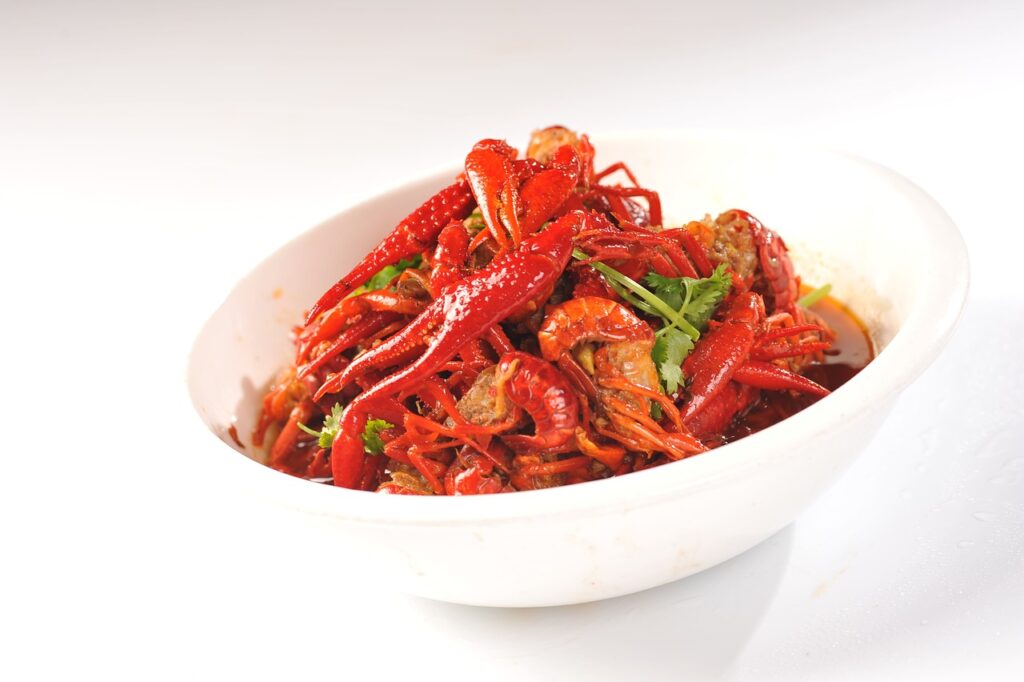
- Spicy foods contain capsaicin, which triggers a pain response and can increase heart rate.
- Cinnamon & Nutmeg
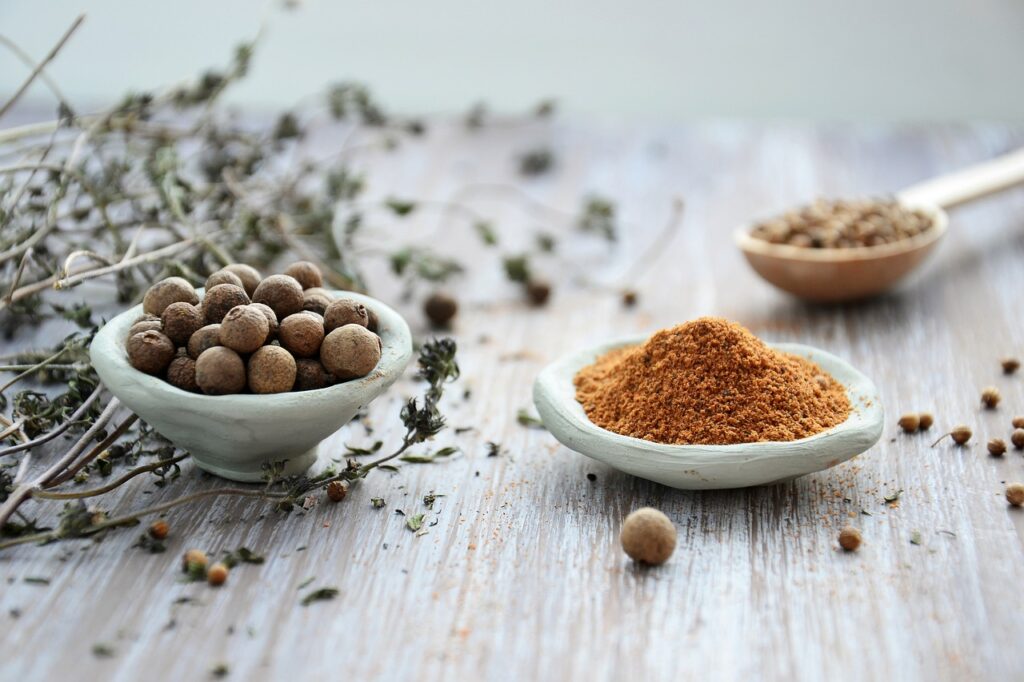
- Cinnamon can cause respiratory distress, vomiting, and low blood pressure. Nutmeg contains myristicin, which can cause nausea, high blood pressure, disorientation, and hallucinations.
- Baked Goods

- Baked goods can be harmful due to their fat and sugar content, contributing to obesity, heart disease, and diabetes.
- Xylitol-Containing Candies & Gum

- Xylitol can cause liver damage, a spike in liver enzymes, insulin increase, blood sugar drop, weakness, vomiting, and seizures.
- Macadamia Nuts

- Macadamia nuts can cause vomiting, tremors, and weakness, with symptoms appearing within 12 hours.
- Salty Snacks
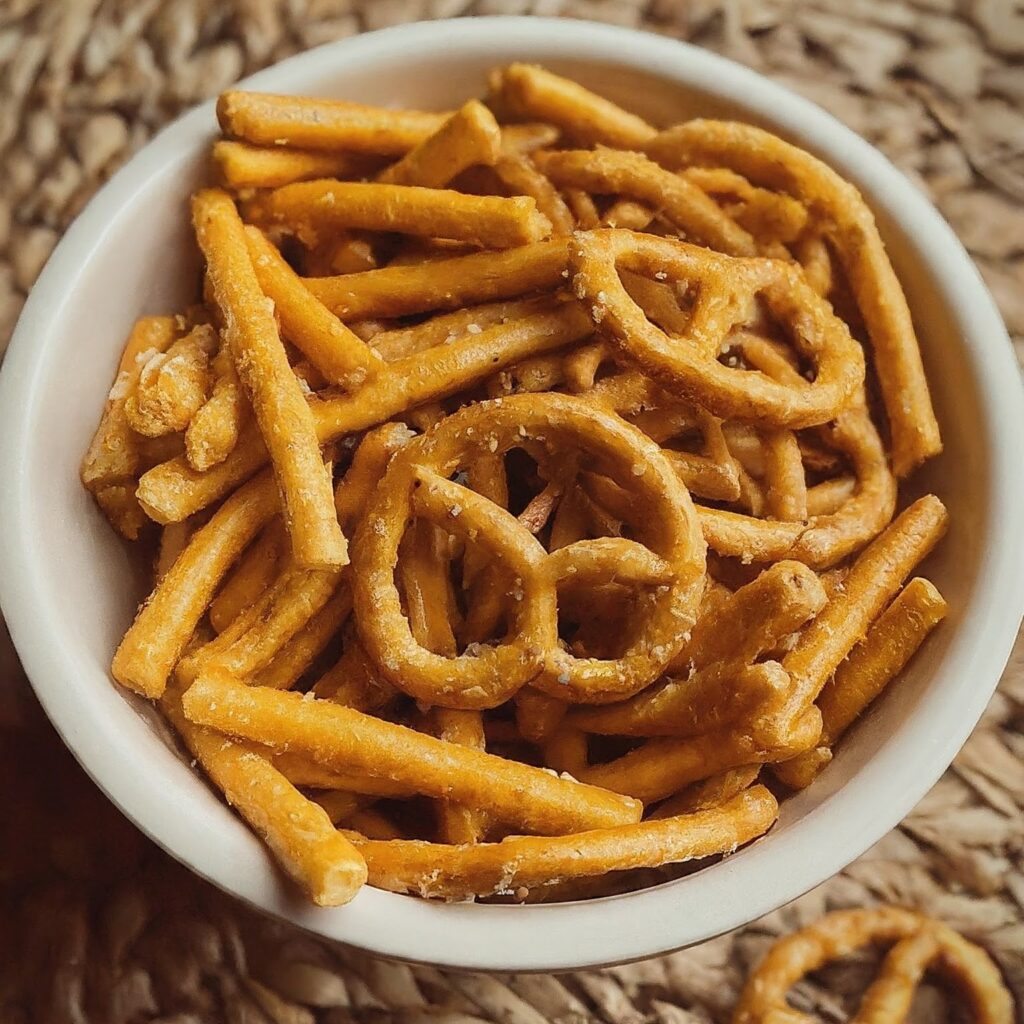
- Excessive salt intake can lead to salt toxicosis, causing GI distress, vomiting, and seizures.
- Alcohol

- Alcohol can cause ethanol toxicosis, leading to lethargy, GI distress, vomiting, and difficulty breathing.
- Caffeine-Containing Beverages

- Caffeine can cause vomiting, diarrhea, heart issues, loss of coordination, seizures, and death.
- Dairy Products
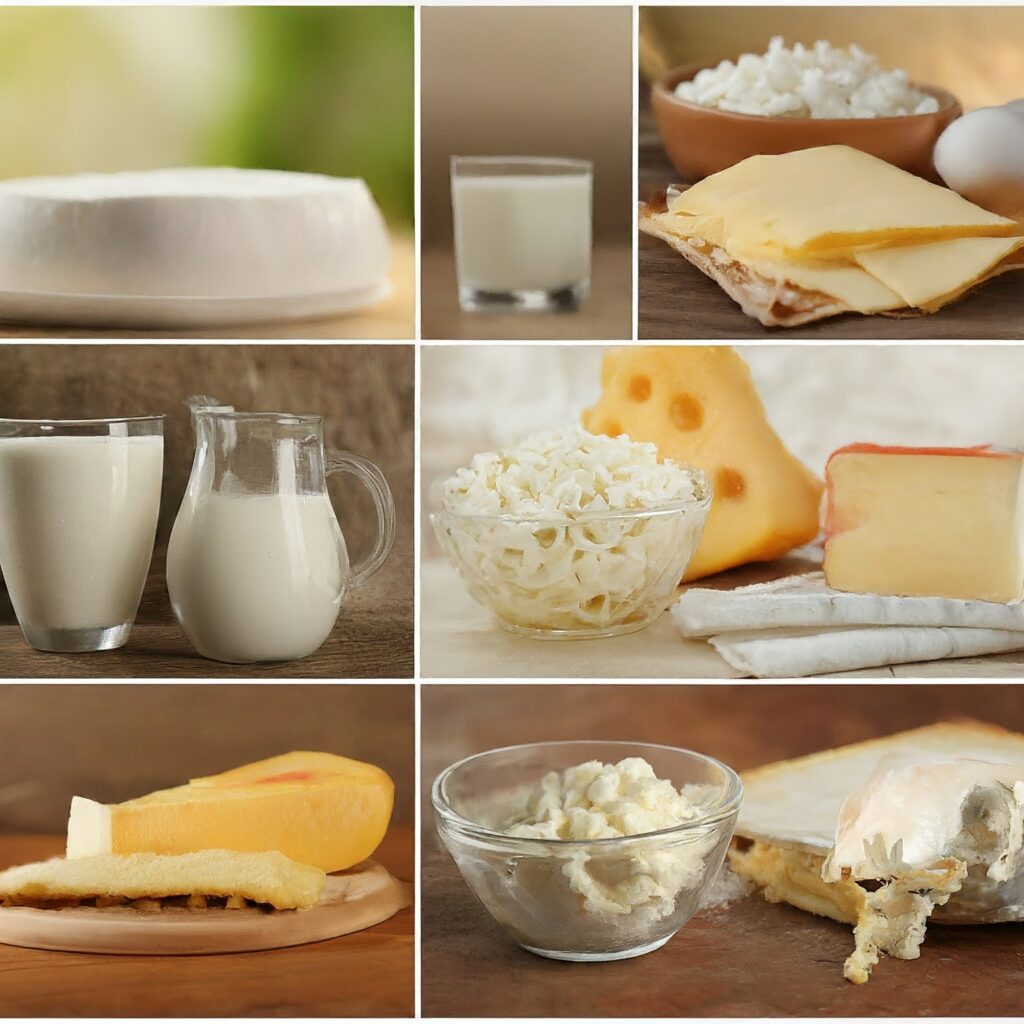
- Many dogs are lactose-intolerant, and consuming dairy can cause abdominal pain, vomiting, and diarrhea.
- Raw or Undercooked Food
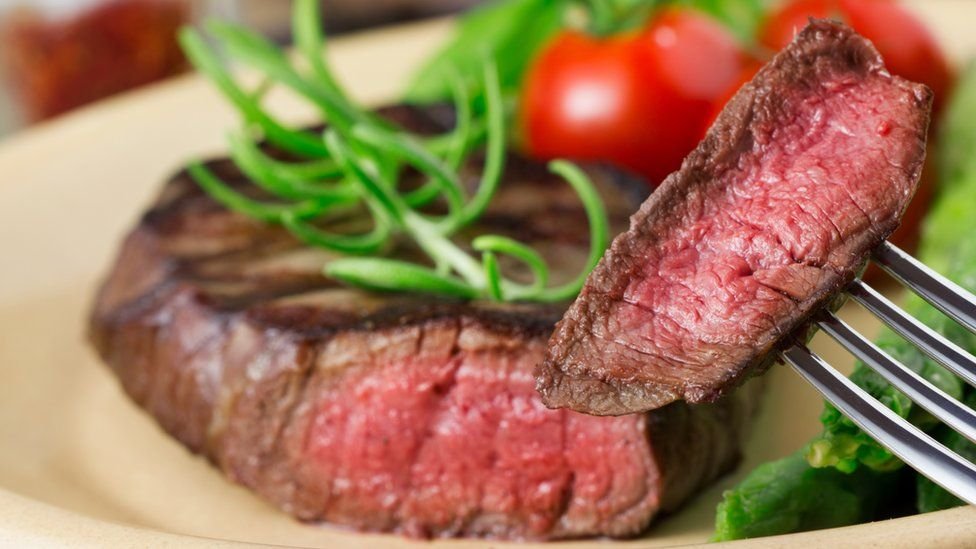
- Raw or undercooked food can contain harmful bacteria like Salmonella, causing foodborne illnesses.
- Moldy Foods (Mycotoxins)
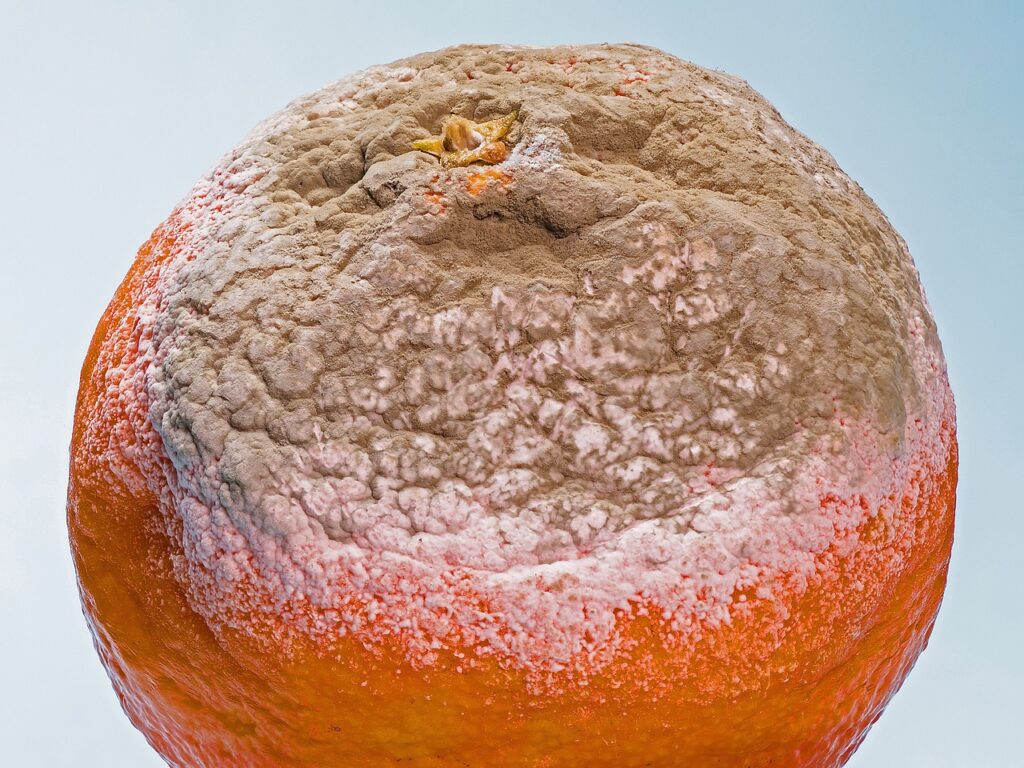
- Moldy food can contain mycotoxins, leading to tremorgenic mycotoxicosis, causing vomiting and tremors.
- Poisonous Plants
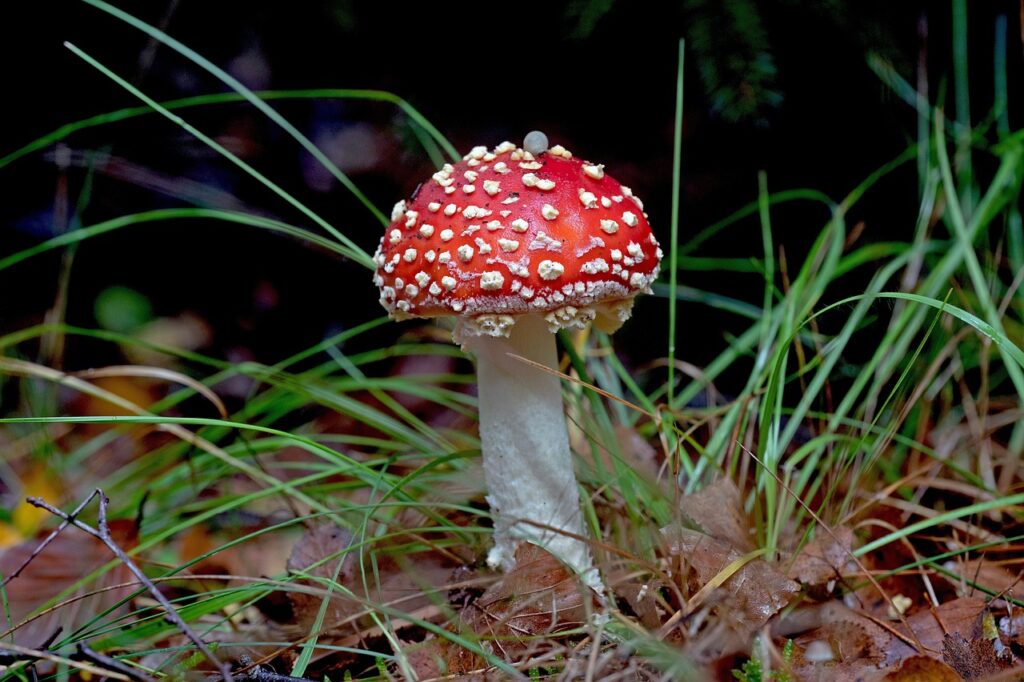
- Plants like pothos, calla lilies, peace lilies, and philodendrons contain toxic substances like oxalates.
- Cold Medications With Pseudoephedrine
- Medications with pseudoephedrine can affect the nervous system, causing panting, restlessness, and tremors.
- Acetaminophen

- Acetaminophen can cause facial and paw swelling, methemoglobinemia, and liver damage.
- Ibuprofen
- Ibuprofen can affect the GI tract, central nervous system, and kidneys, causing GI distress, vomiting, weakness, and seizures.
Conclusion
While it’s tempting to share your favorite foods with your dog, many human foods can be harmful or even poisonous to them. Instead, choose safe treats and consult your vet for recommendations. Keeping your pet’s diet safe can prevent emergency vet visits and ensure a long, healthy life for your furry friend.

